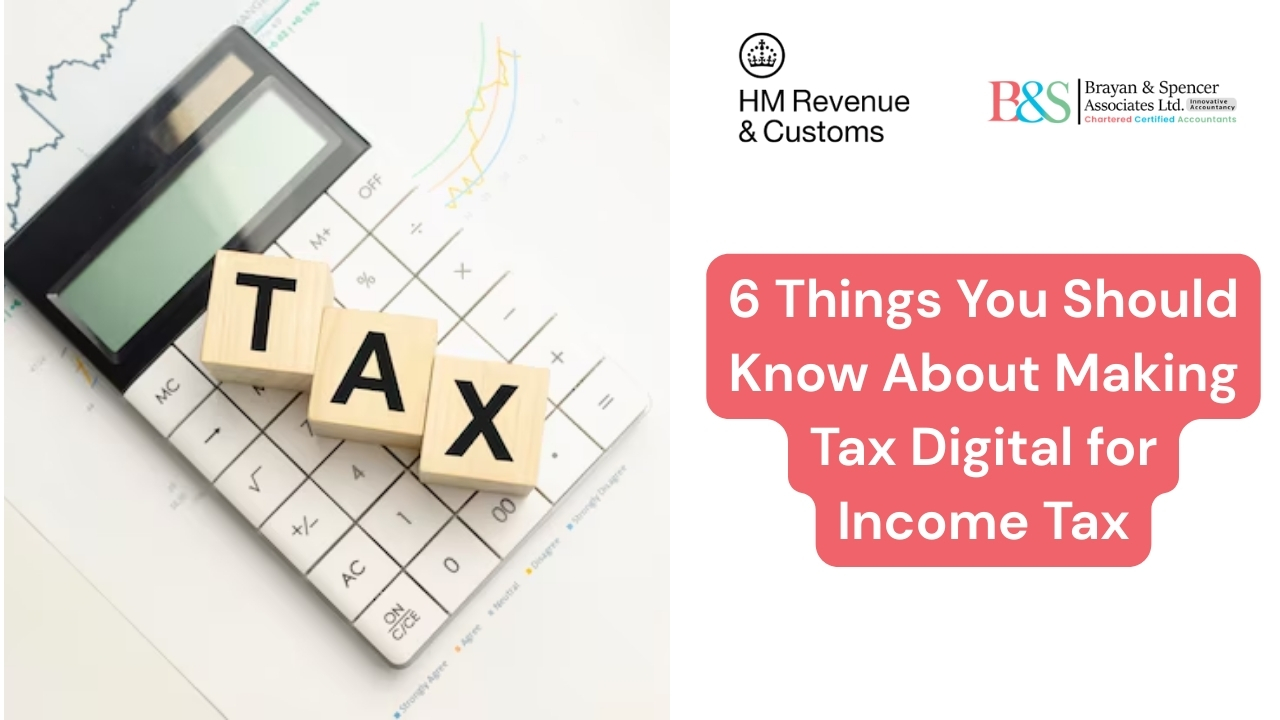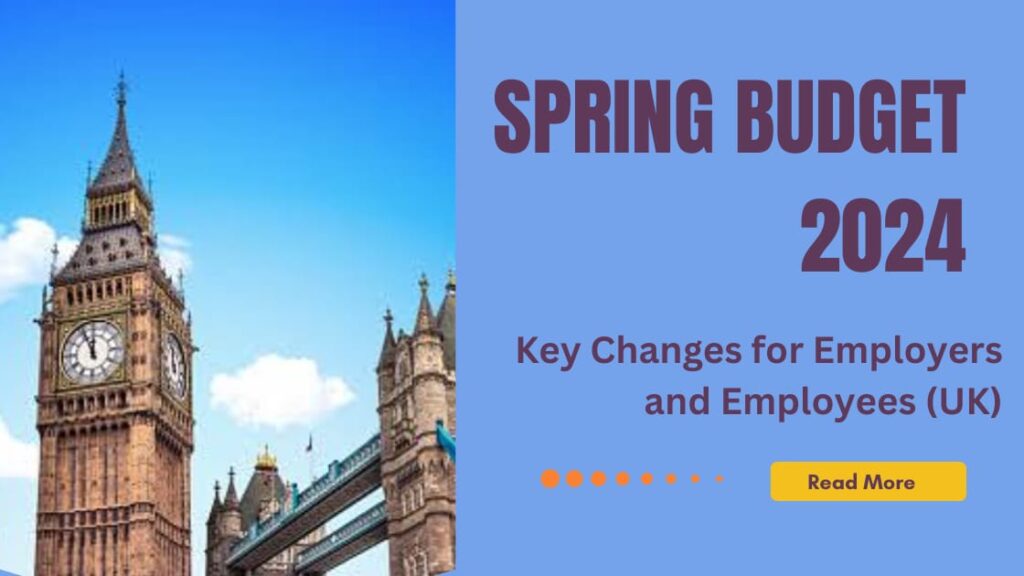Making Tax Digital (MTD) for Income Tax will be one of the largest changes to personal tax in a generation.
It’s not only an improvement to how we report taxes it’s a fundamental transformation towards a digital system that will make managing tax easier, quicker, and more transparent.
This will require landlords and sole traders to update their approach to managing, reporting, and completing income submissions to HMRC. Done correctly, it can save time, cut errors, and give you a better idea of what tax you owe during the year.Working with a professional accounting service in London can make this transition smoother and ensure compliance with MTD requirements.
Here’s what you need to know about how MTD for Income Tax works, who it will affect, and when you’ll need to prepare.
1. It applies to sole traders and landlords whose income goes beyond the set thresholds.
MTD for Income Tax will be replacing the existing Self-Assessment system for most people.
Implementation will occur in phases:
- From April 2026: The rules will apply to individuals whose gross income is above £50,000.
- From April 2027: The threshold will lower, bringing in those earning more than £30,000.
- From April 2028 (planned): It is expected to extend further to cover anyone with an income exceeding £20,000.
This covers income from self-employment as well as earnings from renting out property. The thresholds are based on gross income, not profit, so check your combined earnings carefully.
2. Easier Tax Management with Making Tax Digital
At first glance, MTD may seem like more work. Instead of one tax return each year, you’ll be sending HMRC quarterly updates.
But with modern accounting software, much of this can be automated. Invoices, expenses, and updates can all be logged digitally and submitted with just a few clicks, helping you stay accurate and avoid issues such as an HMRC Tax Enquiry.
For many, it will mean less paperwork, faster access to accurate figures, and better control over cash flow especially as you’ll know your tax position throughout the year rather than waiting for year-end.
3. The annual Self-Assessment return will be phased out
Once you’re under MTD, you’ll no longer submit the traditional self-assessment return. Instead, you’ll provide:
- Quarterly updates (typically every three months) for each sole trade or rental income stream.
- An end-of-period statement effectively a final tax return by 31 January following the tax year.
Some individuals will still be required to submit an SA100 form if the types of income can’t currently be filed online, but for the majority, the annual tax return will be a thing of the past.
4. Your Start Date Depends on Your Income
The date when you need to start using Making Tax Digital (MTD) is determined by your total qualifying income. Your transition timeline will depend on how much you earn overall.
- £50,000 or more → begin in April 2026
- Between £30,000 and £50,000 → begin in April 2027
- Between £20,000 and £30,000 → most likely April 2028
If your income falls below the applicable limit, you’ll remain on Self-Assessment at least temporarily.
5. You’ll need to see how it affects you
If you earn income from multiple trades or receive both rental and trading income, Making Tax Digital rules apply to each source individually.
For instance, if you:
Have two sole trader businesses and
Have rental income,
You’ll need to send separate quarterly updates for each which could mean 12 submissions per year, plus a single final declaration.
Understanding these requirements early is key to avoiding missed deadlines and penalties.
6. Not everyone needs to join MTD (yet)
Some individuals and organisations are excluded, including:
- Those with income below the thresholds.
- Partnerships (for the moment).
- Trustees, estates, and non-resident companies.
- Individuals who are digitally excluded for age, disability, location, or religious reasons (HMRC approval is needed).
These exceptions can change over time, so it’s not a bad idea to check with HMRC or your accountant to make sure you’re in the right position.
Final thoughts
Making Tax Digital is an important move towards updating the UK tax system. Although any change can seem overwhelming, with proper preparation it can make it easier for you to manage your finances.
By moving to digital record-keeping, you’ll have a clearer view of your income, tax, and National Insurance throughout the year, reducing stress and helping with planning. Working with a reliable accounting service in London can make this transition smoother and ensure your records are accurate and up to date.
With the initial phase beginning in April 2026, it is time to investigate accounting software, check over your sources of income, and become familiar with the digital process. Early preparation equals fewer surprises and an easier adaptation when MTD becomes the norm.
Contact BS Associate today at 0207 183 5956 or visit www.bsassociate.co.uk to get expert guidance and ensure your business is fully ready for Making Tax Digital.




